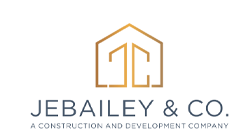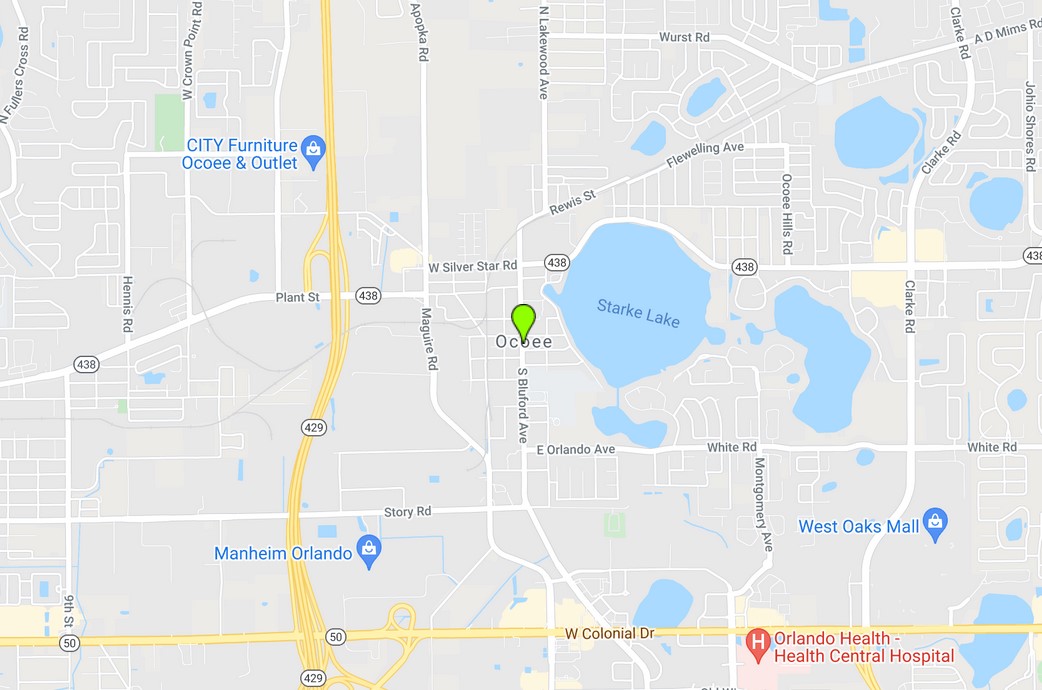Commercial and Residential Construction 101
Residential property and commercial properties vary in nearly every way from the building materials used to equipment required, and even how funding is secured.
The differences start with residential buildings being designed for people to live in them while commercial ones are not intended for this purpose.
Residential includes:
- Single Family, Detached Homes
- Duplex, Triplex, Fourplex
- Townhouse
- Some housing co-operatives
- Condominiums
Large-scale apartment complexes, where residents lease out space to others for a rental fee are considered commercial property because the business is focused on renting.
Commercial buildings are used for business activities, unlike residential properties which are exclusively used for private living quarters.
Commercial buildings may include offices or retail locations that offer services to the public and can vary in size from one office space to an entire mall with multiple stores.
Commercial spaces refer to hospitals, assembly plants, storage warehouses and shopping centers. They can also be found in office buildings as well as other locations for a business enterprise.
Popular types of commercial property include the following:
- Land Investments
- Large-Scale Multifamily Housing
- Office Buildings
- Retail Space
- Storage Units
- Industrial Buildings
Commercial and Residential properties have a lot of differences that need to be considered, including building materials, construction costs, codes required for the project completion etc. Construction equipment is also different in these two cases as it depends on what type of property you are constructing.
Read on to learn the nuances between commercial and residential construction, which can help you in your current or future project.
Building Materials Used in Commercial vs. Residential
Every project requires materials to meet the demands of a building design.
The materials used in constructing residential buildings are much different from those used for commercial construction.
The average home uses timber frame construction because it is the most cost-effective and structurally appropriate option for smaller buildings.
Timber frame construction is the perfect fit for residential construction companies.
Some architecturally designed homes implement steel framing into their construction, but the average homeowner can’t afford a home built with this material.
Commercial construction projects require materials that can handle the larger and more complex design requirements. These properties typically use different material than what is used in residential homes, which are often made of wood.
Steel frame construction is the most commonly used for commercial projects because it has more resilience and allows you to build larger, taller buildings with greater longevity.
When deciding between different manufacturers and their steel, consider the quality of the materials before signing a contract. Ensure that you also know what construction techniques will be used for your building’s frame if it is to stay intact over time.
CODES AND PERMITTING
Commercial and residential buildings both require adhering to specific codes and obtaining permits from the municipality in which they are being constructed. However, commercial structures have stricter regulations than those for residences due to increased risk of public harm or loss on a level not experienced by individuals living within homes.
However, commercial properties have different rules and regulations for:
- Building materials
- Electrical systems
- Plumbing
- Construction techniques
- Design
- Size
Commercial building project managers are well-versed in local and federal regulations that apply to commercial projects.
Commercial buildings have additional standards to protect against safety concerns related to elevators, IT issues such as security and accessibility, handicap facilities in parking lots or garages.
In order to be in compliance with commercial building standards, all aspects of the project must be carefully analyzed by an experienced professional
Commercial codes and permits are complex and require experienced professionals to ensure compliance. Residential buildings also adhere to building standards but these requirements are considered simpler than those for commercial construction projects.
SIGNIFICANT COST DIFFERENCES
The costs for residential and commercial developments are vastly different, even though they’re building structures of roughly the same size.
The cost differences arise not only from the materials and compliance standards, but also due to overhead costs like labor and equipment.
The final cost of a project can be drastically affected by the number and quality workers, as well as their use of specialized equipment. Labor is often secured through bidding; it goes to the lowest bidder for completion.
In contrast, residential construction can rack up significant bills for overhead and equipment, but since the scale is much smaller than commercial development it’s rarely comparable
Funding for commercial versus residential construction is completed using different protocols
Commercial projects are often funded by:
- A corporation with bank financing
- A government agency
- A wealthy owner or developer
The entity that funds the project will hire a general contractor and schedule subcontractors using competitive bids.
Many homeowners are able to pay for their new homes using a bank loan, but some may use insurance loans or cash. Homeowners can also get help from FEMA if they need it after natural disasters.
Residential construction projects are paid for with the following methods:
- Bank loan
- Insurance loan
- Cash
- Government Agency/Non-profit
Residential projects include extensive interaction between homeowners, contractors, and subcontractors. These interactions are usually scheduled through referrals or marketing rather than bidding.
REQUIRED EQUIPMENT
To build anything on a commercial scale, heavy equipment is needed. This includes earth moving equipment and cranes which are used for many different types of construction projects.
New construction workers should only operate these machines with the help of experienced professionals to ensure job safety and project quality.
The most extravagant properties are built on an industrial scale, but residential construction requires more specialized skills.
In addition, many elements in a residential construction project are undertaken by DIYers using advice from friends or How-To videos online with impressive results.
On residential projects, mistakes and accidents aren’t as costly or difficult to fix. If something goes wrong, it’s often much easier to resolve the situation without having a lawsuit follow and leave you with lots of extra costs that need to be paid out in addition to what was already spent on fixing your mistake.
PROJECT DEADLINES
Building construction is time-sensitive, but commercial projects tend to move faster than homes due to increased costs and a more systematized workflow.
Faster construction means lower labor costs, which motivates commercial builders to work as quickly as possible.
All of these factors add up to a longer project, and it makes sense that this would be the case. The more decisions homeowners make during construction, the harder they are on their workers who have fewer resources with which to work.
Choosing the Right Company for Your Construction Project
Commercial construction is generally more expensive and takes less time than residential, but it’s also simpler. Residential building costs less money but takes longer to complete because of its complex steps.
When it comes to construction, residential projects tend not require the same level of expertise or equipment as commercial ones.
At JeBailey & Co, we manage commercial and industrial projects in a wide range of markets. We specialize in construction management services, so you can trust us to deliver the best results possible for your project.
Contact JeBailey & Co. today at (407) 559-6412, or email us at info@jebaileyandco.com to learn more about our other services or request a quote!




